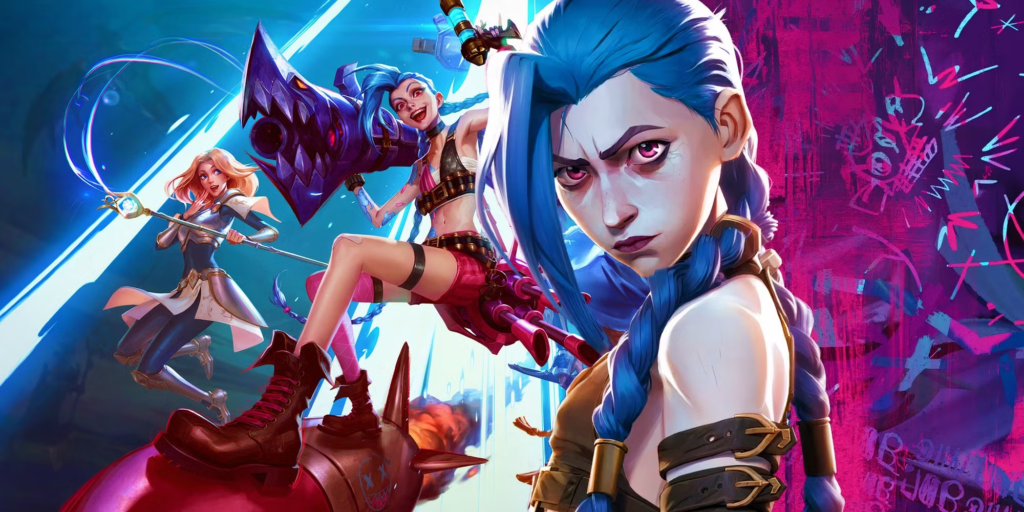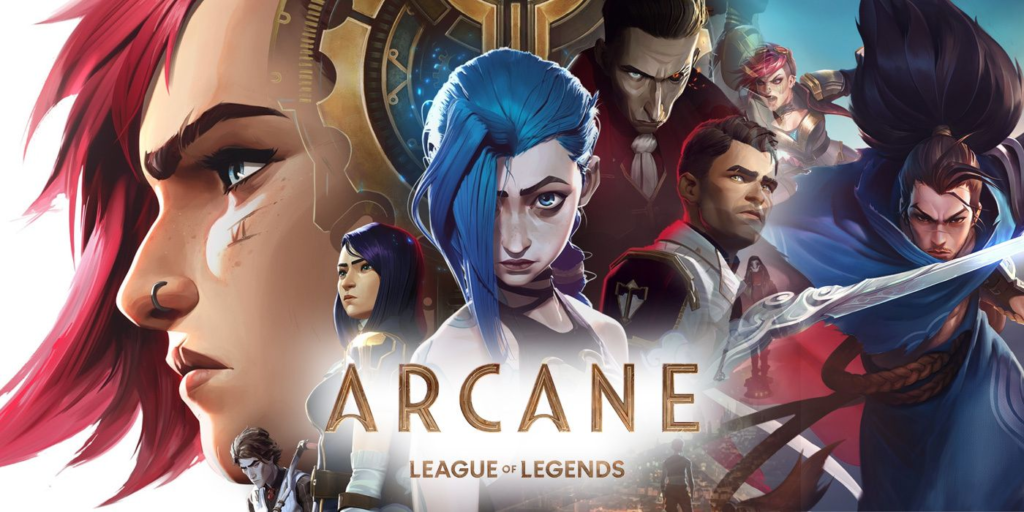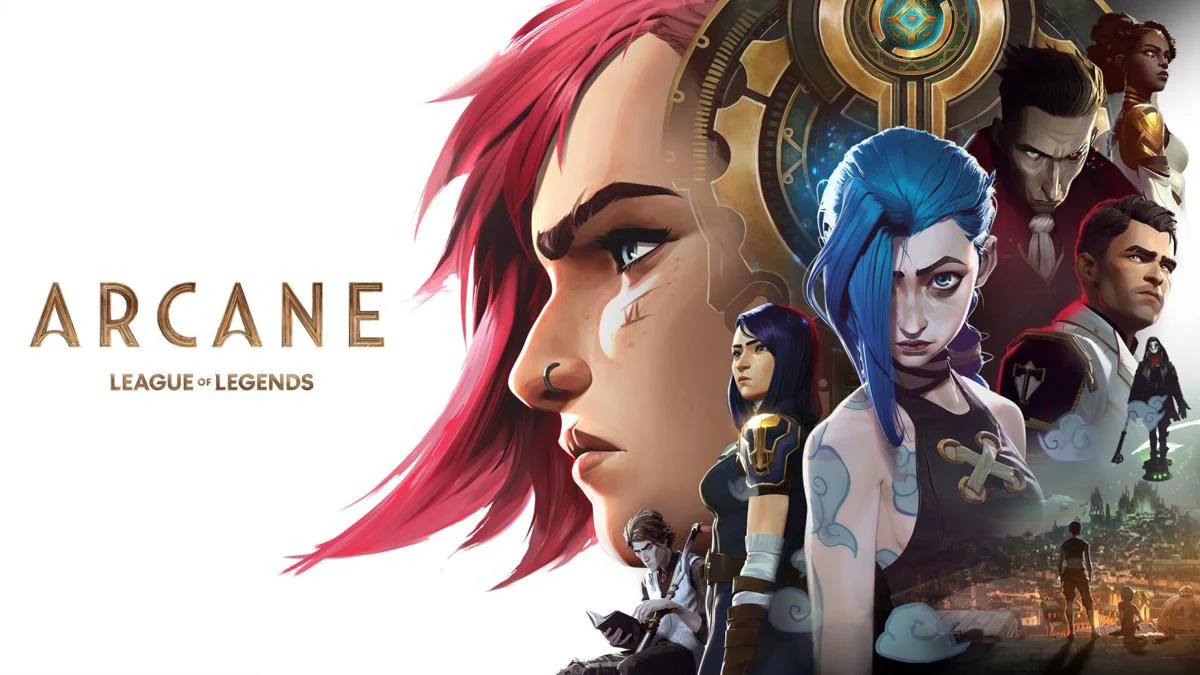The Arcane Netflix series, based on Riot Games’ wildly popular League of Legends universe, has been a critical darling since its debut in late 2021. Garnering multiple awards, widespread fan praise, and recognition as one of the best video game adaptations ever made, Arcane solidified itself as a cultural phenomenon. However, despite its success in the hearts of fans and critics, recent reports indicate that Arcane has failed to turn a profit for Riot Games.
A Critical Triumph
From its stunning animation by Fortiche Productions to its emotionally charged narrative, Arcane struck a chord with viewers far beyond the gaming community. Highlights of its success include:

- Awards: Arcane won multiple Annie Awards, an Emmy for Outstanding Animated Program, and several accolades for its voice acting and music.
- Widespread Appeal: The series reached a broad audience, even attracting viewers unfamiliar with League of Legends.
- Cultural Impact: Characters like Vi, Jinx, and Caitlyn became icons, while the soundtrack, including Imagine Dragons’ “Enemy,” topped global charts.
Critics lauded Arcane for its rich storytelling, layered characters, and groundbreaking visual style. It was heralded as a benchmark for video game adaptations.
Why Arcane Wasn’t Profitable
Despite its acclaim, Arcane’s financial returns didn’t meet Riot Games’ expectations. Industry insiders point to several key factors:
1. High Production Costs
Arcane’s meticulous animation and cinematic quality didn’t come cheap. Reports suggest that the production budget for the first season exceeded $100 million, a figure on par with major Hollywood films. Fortiche’s unique animation techniques, while visually stunning, required significant time and resources.
2. Limited Monetization Options
Unlike traditional Riot Games projects, Arcane lacked direct monetization avenues. While the series indirectly boosted engagement with League of Legends and Teamfight Tactics, these increases didn’t translate directly into revenue that could offset production costs.

3. Streaming Revenue Model
As part of its partnership with Netflix, Riot received a flat licensing fee rather than direct revenue from viewership metrics. This model, while beneficial for ensuring creative freedom, capped Riot’s ability to profit directly from the series’ success.
4. Niche Appeal in Monetization
While Arcane drew a broad audience, its profitability was tied to existing Riot properties. New viewers who didn’t transition into playing League of Legends or purchasing merchandise contributed little to Riot’s bottom line.

Community Reactions
The revelation that Arcane wasn’t profitable has sparked mixed reactions among fans and analysts:
- Gratitude for Creative Risk
Many fans expressed appreciation for Riot’s willingness to prioritize artistry over immediate financial gain. One Twitter user wrote:
“Even if it didn’t make money, Arcane was worth every penny. It’s a masterpiece, and Riot showed us they care about quality.” - Criticism of Monetization Strategy
Others questioned why Riot didn’t leverage Arcane’s success more effectively, suggesting opportunities for limited-edition merchandise, exclusive cosmetics, or companion content in their games. - Calls for a Second Season
Despite financial challenges, fans are eager for the promised second season of Arcane. Riot has confirmed it’s in production, fueling speculation about whether it will adopt a more sustainable financial model.

